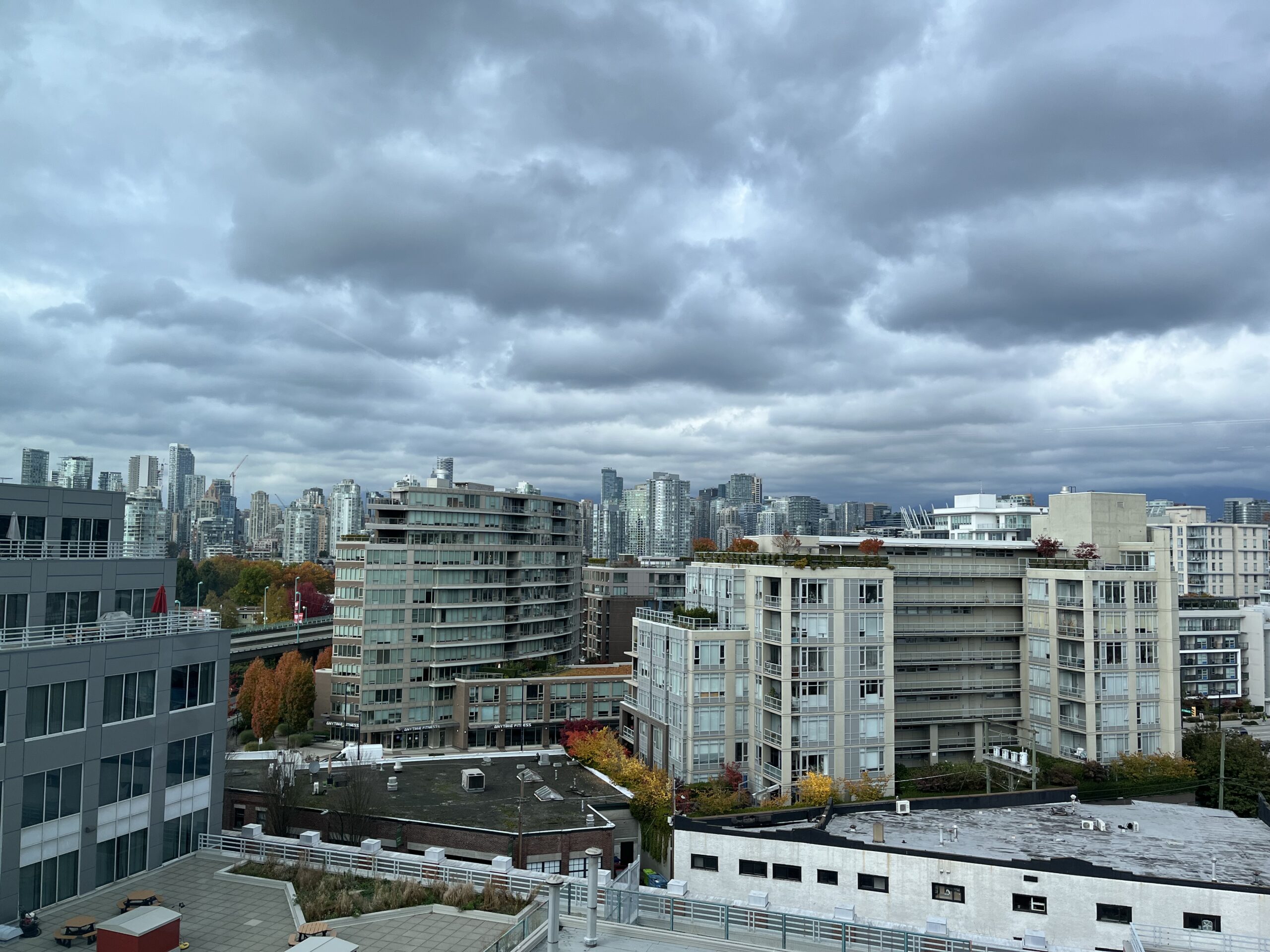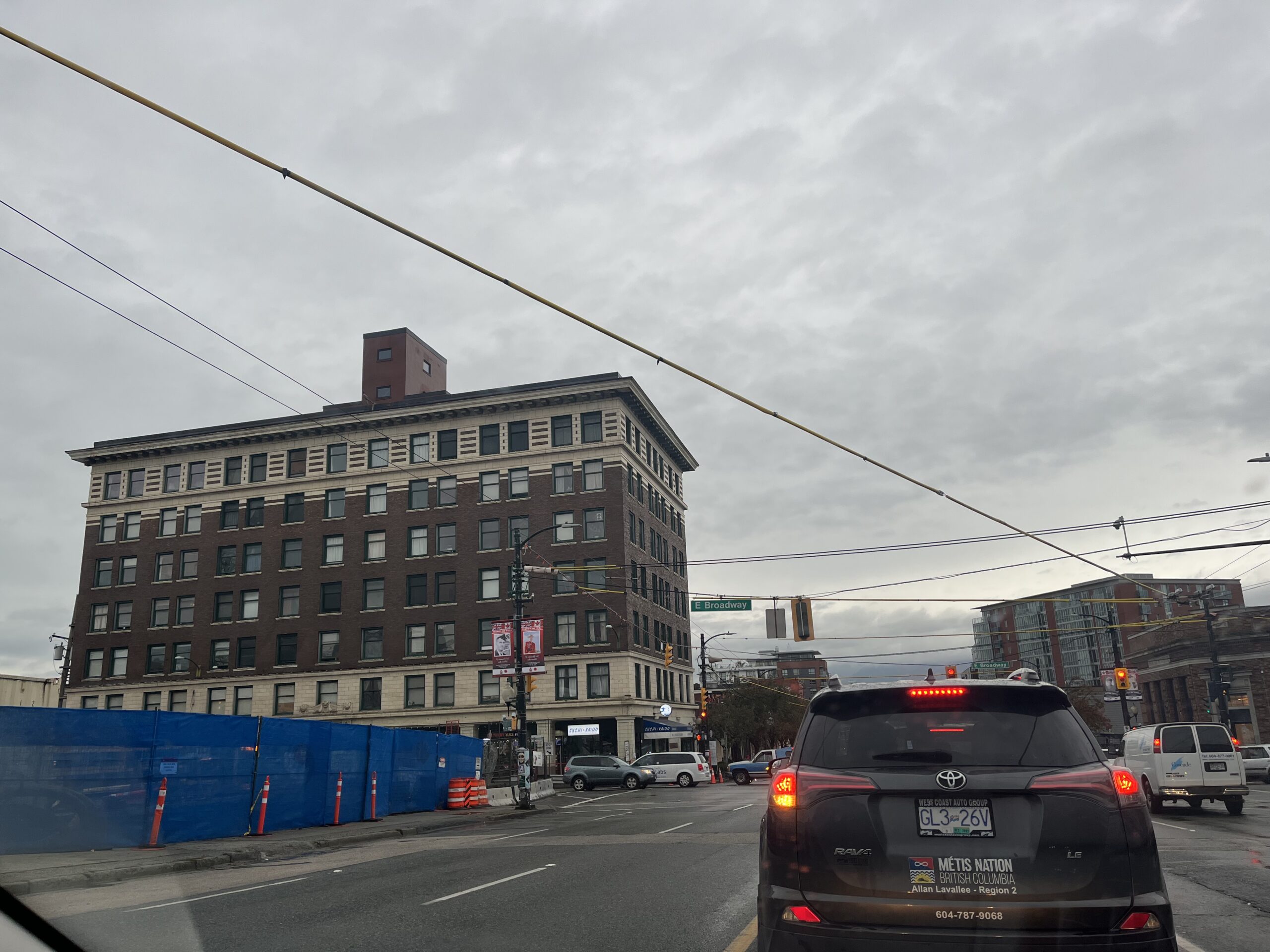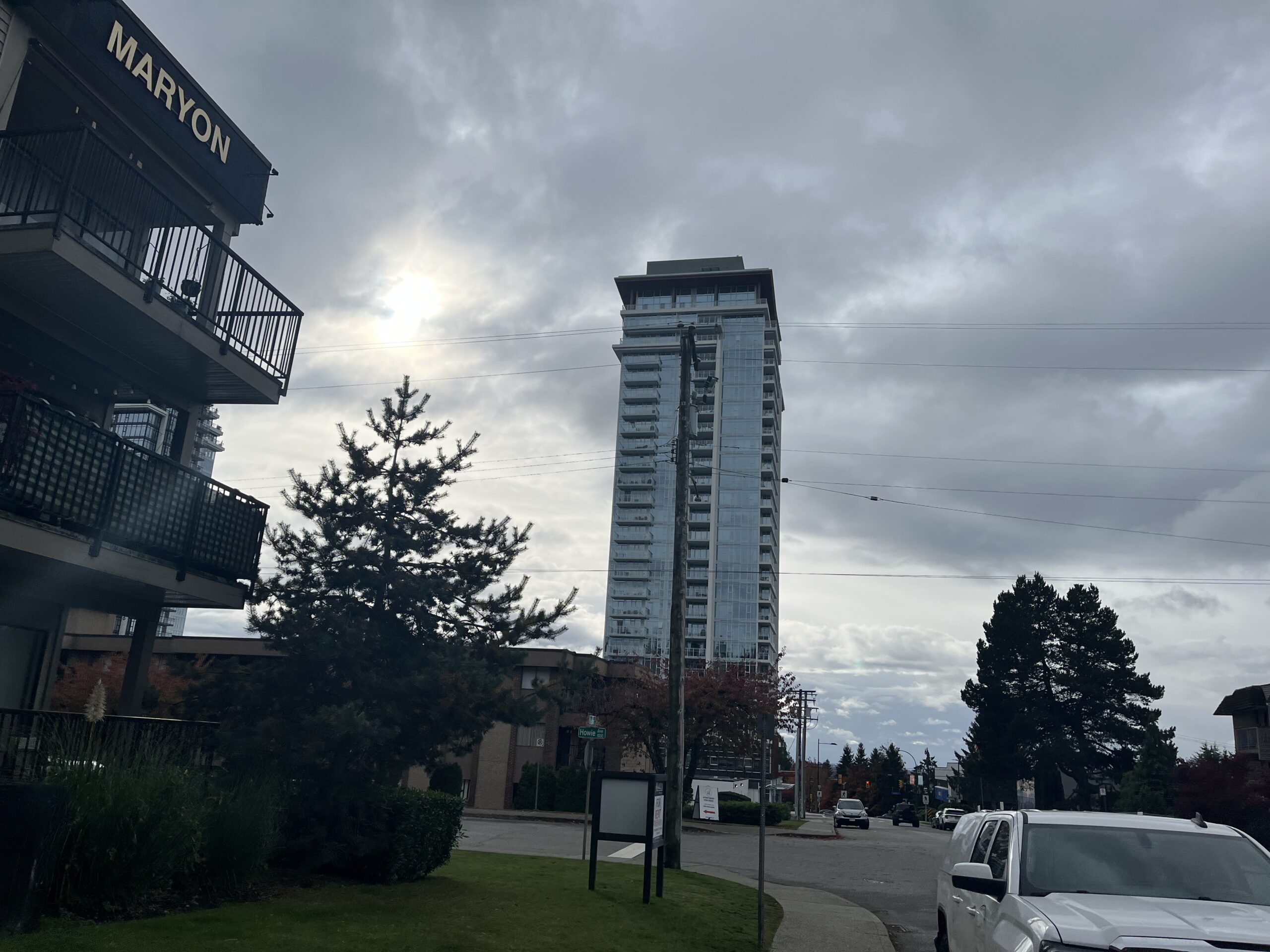Author: Jay
-
Buying a home in Vancouver can be one of the most exciting moments in your life, but it can also be overwhelming. The Vancouver real estate market moves quickly, and even experienced buyers can make costly mistakes. Understanding the common pitfalls can save you time, money, and stress, making your home search smoother and more…
-
Burnaby, located in the heart of the Greater Vancouver area, offers a blend of urban convenience, green spaces, and family-friendly communities. Its diverse neighbourhoods provide options for first-time buyers, growing families, and professionals seeking proximity to downtown Vancouver. Here’s a guide to the best neighbourhoods to buy in Burnaby. Burnaby Heights: Community and Charm Burnaby…
-
Maple Ridge is a scenic city in British Columbia’s Lower Mainland, known for its stunning natural beauty, forested areas, and access to the Fraser River. Whether you’re an outdoor enthusiast, a first-time homebuyer, or looking for a family-friendly neighbourhood, Maple Ridge offers a mix of quiet streets, modern amenities, and a welcoming community. Here’s a…
-
Richmond is a vibrant, multicultural city in Metro Vancouver, known for its waterfront parks, multicultural communities, and easy access to Vancouver International Airport. Whether you’re a first-time buyer, a growing family, or someone seeking a dream home, Richmond offers a wide variety of housing options, from detached homes to modern townhouses and condos. Here’s your…
-
North Vancouver is a stunning part of the North Shore, offering a rare blend of natural beauty, outdoor adventure, and urban convenience. From scenic hiking trails and waterfront access to top schools and vibrant shopping areas, North Vancouver appeals to families, first-time buyers, and nature lovers alike. Here’s your ultimate guide to the best neighbourhoods…
-
Coquitlam is one of Metro Vancouver’s most diverse and family-friendly cities. With lush parks, scenic trails, and thriving urban amenities, it’s a city that appeals to families, young professionals, and first-time buyers alike. Understanding the best neighbourhoods will help you find the right home for your lifestyle and budget. Here’s a complete guide to Coquitlam’s…
-
Port Coquitlam, or Poco as locals call it, is a vibrant city that blends suburban tranquility with easy access to Metro Vancouver. With scenic parks, riverside trails, and a welcoming community, it’s a city that attracts young families, professionals, and anyone seeking a balanced lifestyle. Knowing which neighbourhoods offer the best value, amenities, and quality…
-
New Westminster is a city that beautifully blends old world charm with modern amenities. From heritage homes to riverside parks, it’s a city full of character, history, and community spirit. Whether you’re a first time homebuyer or looking for your next family home, knowing the best neighbourhoods can make all the difference. Here’s a detailed…
-
Langley’s real estate market is booming, offering a mix of historic charm, modern amenities, and family friendly communities. Whether you’re a first time buyer, a growing family, or seeking investment opportunities, knowing the best neighbourhoods is key to making smart choices. From vibrant towns with small-town charm to hidden gems tucked along the Fraser River,…
-
Surrey’s real estate market is booming, offering a diverse range of properties for every lifestyle. Whether you’re a first time buyer, a growing family, or seeking an investment, knowing the right neighbourhoods is key to making informed decisions. From vibrant communities to hidden gems with suburban tranquility, Surrey has it all. Here’s your ultimate guide…



